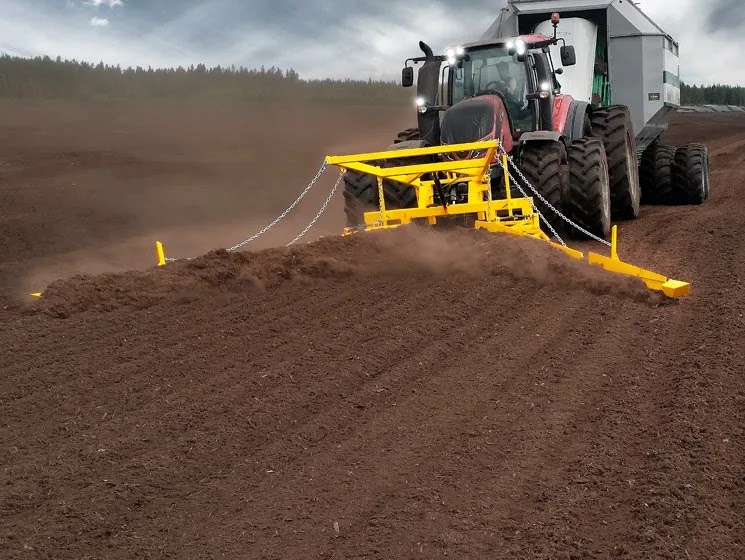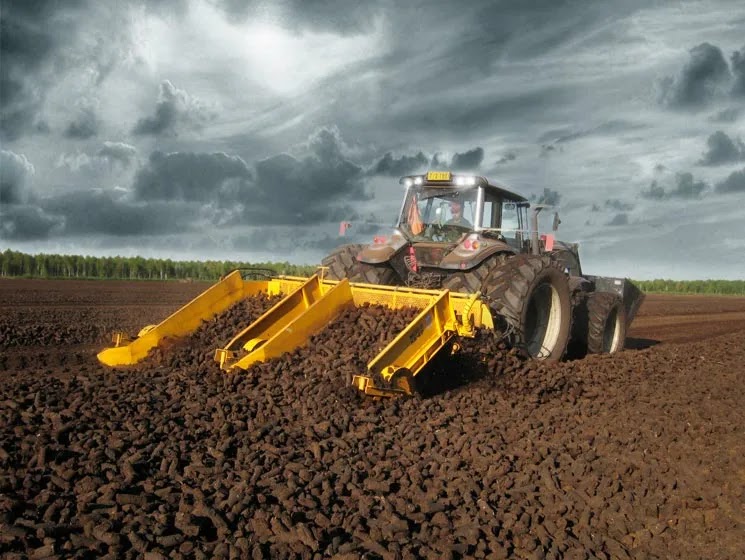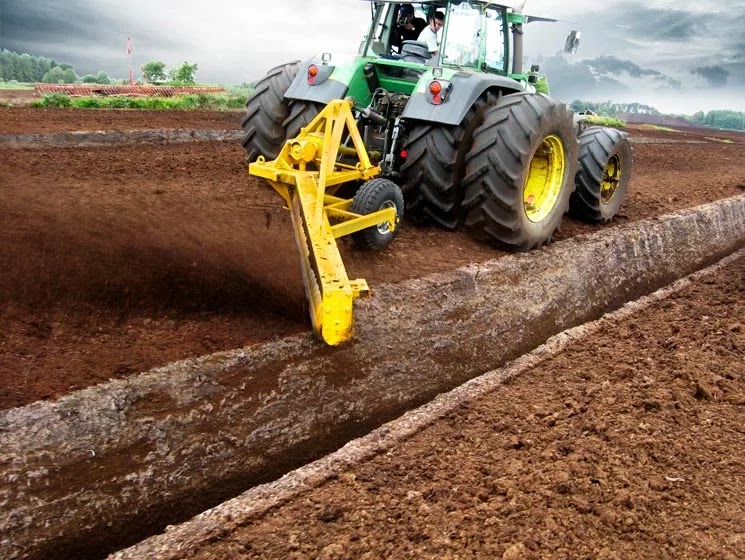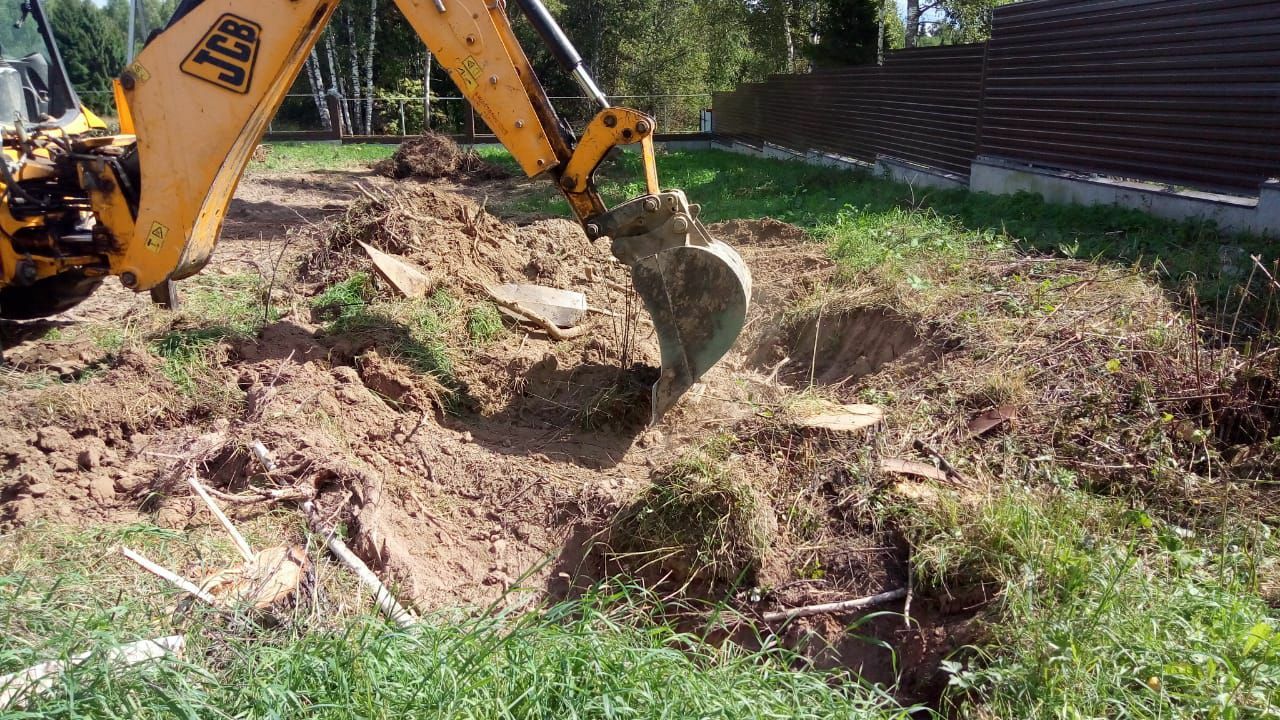A strong base is essential for any building project, and professional grading services are a big part of making sure that foundation is stable. Grading is the process of leveling and preparing the ground so that it can drain properly and support the base well. If you don’t grade correctly, water can pool around the base, which can cause soil loss, uneven settlement, and even problems with the structure. Professional grading experts check the state of the soil, shape the land, and set up the right slopes to keep water away from the foundation. By hiring professional grading services, you can avoid expensive fixes in the future and make sure that the building lasts as long as possible. This article talks about why professional grading is important for building foundations that are strong and last a long time.
What Are Grading Services?
Grading services prepare and level the ground so that it can be built on in a way that is stable and follows the right curves. This process changes the ground’s slope and shape to make sure water drains well, stop erosion, and support the base of roads, buildings, and fields. Professional graders use special tools to get rid of extra dirt, fill in low spots, and make a level, balanced surface that lowers the risk of structural problems. There are two main types: rough grading and finish grading. Rough grading sets the general slope, and finish grading smooths out the surface so it can be used for gardening or paving. For a building project to be stable and last a long time, it needs to be graded correctly.
Why Grading is Essential for Foundations
Grading is important for foundation support because it shapes the ground so water doesn’t pool around buildings. Our Grading correctly moves water away, which stops dirt from washing away and shifting, which can cause foundation cracks or settling problems. You will get surely helps by garding keep the ground level and steady, which supports the foundation’s strength and keeps repairs and structural problems from happening.

- Prevents Water Accumulation
When you grade your land correctly, water flows away from the base and doesn’t pool, which can cause damage from water. If water builds up around the base, it can make the soil less stable, lead to leaks, and raise the risk of structural problems. Grading correctly makes sure that the ground moves away from the building, which protects it from foundation problems caused by water.
- Reduces Soil Erosion
By making a stable slope, grading controls how the dirt moves. Without it, rain and runoff can wear away at the soil, which can make the base settle in the wrong place. This wear and tear weakens the base, which can lead to cracks or shifting. Professional grading keeps the foundation’s base solid over time by reducing the amount of dirt that is lost.
- Makes structures stronger
Stable grading makes a flat, compacted surface that can properly support the weight of a building. As a building ages, cracks and settling can happen if the footing base isn’t level or graded properly. Grading stops these problems by making the surface level, which helps the building stay strong and stable for years to come.
- Avoids expensive repairs
If you pay for grading services up front, you can avoid having to pay for expensive foundation fixes later on. Bad grading can damage the base in a way that needs expensive repairs or even a full replacement. Professional grading makes sure that the ground is stable, which lowers the cost of future upkeep and supports the structure’s safety and durability over time.
The Risks of Poor Grading
If you don’t grade properly, water can pool around the base and cause erosion, cracks, and eventually structural instability. If there isn’t enough slope, the soil can move, which makes the base less stable and raises the cost of repairs. Poor slope also makes it more likely that the basement will leak and mold will grow, both of which can damage property and make people sick.
- Building up water around the foundation
If the ground isn’t graded correctly, water can pool around the base, which could cause seepage and moisture buildup. This much water in the soil can make it less stable and lead to major foundation problems like cracks and settling. Grading that works well helps move water away from the base, protecting it and lowering the risk of water damage.
- Soil Erosion and Foundation Instability
If you don’t grade properly, the dirt can wash away, especially when it rains a lot. This erosion can take away the support that a base needs, which can make it settle unevenly or crack. Poor grading makes the foundation unstable, which threatens the building’s structure and will cost a lot to fix in the long run.

- Increased Risk of Basement Leaks
When surfaces aren’t level, water can pool near the base of a building, which can cause basement leaks. This water getting inside can damage things inside, cause mold to grow, and lower the quality of the air inside. Grading the land correctly keeps water away from the foundation, which protects the inside of the house and keeps the floor from flooding.
- Higher Repair and Maintenance Costs
Grading that isn’t right can cause water damage, dirt shifting, and erosion, which can be very expensive to fix. It can be expensive to fix foundation cracks, deal with wetness problems, or even regrade the land. By paying for good grading services up front, you can avoid these problems and lower your long-term fix costs.
Benefits of Professional Grading Services
Expert grading services are needed to make sure that the base is stable and that water drains properly. With high-tech tools and trained professionals, they make exact slopes that stop water damage and erosion. Professional grading makes a strong base, which makes structures more stable, lowers the cost of repairs, and supports long-term durability. This makes it an excellent investment for any building project.
- Ensures Proper Drainage
Grading services shape the land so that water flows away from buildings, which makes drainage systems work well. This stops water from building up around foundations, which lowers the risk of water damage, basement leaks, and soil erosion. Drainage keeps the soil stable and protects the base of the building, making the foundation safer and last longer.
- Reduces Foundation Repair Costs
Professional grading keeps problems like cracks, settlement, and soil loss from happening, which lowers the cost of foundation repair. Professional grading makes it less likely that structural problems will happen by making the ground base sturdy and stopping water from building up. This preventative method keeps the foundation strong, which saves money on repairs and makes the building last longer.
- Makes the structure more stable
Professional grading creates a stable, even surface that can hold the weight of the building and base evenly. This stops the ground from settling or moving unevenly, which could cause problems with the structure. Having a stable foundation base is important for the general stability of the building, which ensures safety and durability over time.
- Complies with Local Building Codes
Getting professional grade services makes sure that you follow all of your local building codes and rules. Grading professionals know all the rules and can help property owners escape fines and expensive repairs. Land that is properly graded also increases in value because it meets all the safety and durability standards for building.
How professional grading services make drainage better
Professional grading services shape the ground in a way that keeps water away from buildings, so there is less chance that water will pool around the foundations. Grading professionals make sure that water drains away properly by forming the right slopes and pathways. This stops soil erosion and foundation damage. This keeps the soil stable, which is important for the long-term strength of the structure, and saves the property.

- Directs Water Away from Foundations
Professional grading creates slopes that move water away from the base and keep it from building up. This makes it less likely that the foundation will weaken and other structural problems will happen, saving the property from problems caused by water. When you grade a building correctly, water flows to the right places, away from the base, so the building stays safe and dry.
- keeps soil from washing away
By controlling the flow of water across the land, grading services help keep the soil from washing away. When you grade correctly, you slow down the water so it doesn’t wash away the soil. This protects the natural structure of the ground and keeps the foundation base steady. It also stops erosion from damaging the landscaping and foundation support.
- Improves Surface Water Drainage
Professional grading makes channels and slopes so that surface water can run smoothly. This keeps water from pooling after it rains, which could damage the land by making it too wet. Grading makes the land more stable and lowers the risks that come with bad water management by making it easier for surface water to drain. This protects both property and the scenery.
- Protects Against Basement Flooding
Basements often flood because of bad drainage, but professional grading services lower this risk by moving water away from the building. Grading that works well keeps water from getting into basements or crawl spaces. This lowers the risk of leaks, mold growth, and water damage, which protects the air quality inside and the value of the home.
Choosing the Right Grading Contractor
For a stable base and good drainage, it’s important to hire the right grading contractor. When you hire a skilled contractor, they bring the knowledge, experience, and tools to do the job right. To make sure you get good work, stay safe, and follow local building codes, look for a contractor with good reviews, the right certifications, and a good name.
- Check Experience and Expertise
Quality work is guaranteed by a contractor with a lot of knowledge and skill in grading. Look for professionals who have done a lot of similar work before. They know about different types of dirt, the best ways to drain them, and the best ways to prepare the land. You can trust that contractors with a lot of experience will be able to spot possible problems and offer good solutions.
- Review Credentials and Certifications
Making sure a contractor has the right licenses and certifications makes sure they follow the rules in your area and the business. The contractor is qualified and dedicated to safe practices if they have the right credentials, which show that they are professional and responsible. Working with certified professionals lowers the chance of problems and makes sure that building rules are followed.
- Ask for References and Reviews
You can learn about the contractor’s name and past work by asking for references and reading reviews online. Client input shows how well they do their job, talk to others, and are reliable. Reviews and comments from past clients are good ways to find out how reliable and dedicated to customer satisfaction a contractor is.

- Evaluate Equipment and Techniques
For quick and accurate marking, professional graders should use cutting-edge tools and tried-and-true methods. Contractors can work quickly and correctly when their tools are well taken care of and their technology is up to date. Checking a contractor’s tools and methods can help you be sure they can handle the size and scope of the job, stick to the schedule, and give you results that you can depend on for a long time.
Choosing the Right Grading Contractor
If you hire the right grading contractor, the land will be properly prepared for strong supports and good drainage. A trustworthy contractor has the skills, knowledge, and tools to do precise work. To make sure the job goes smoothly, look for credentials that can be checked, good reviews, and clear communication. You can get good grading that will last for a long time if you hire the right expert.
- Verify Experience and Specialization
Pick a contractor that has done grading work before; they know how to work with different types of dirt, make slopes, and make sure they drain properly. For complex terrains and long-term stability, you need to have specialized understanding. A worker with a lot of experience can predict problems and use best practices to get good results, which reduces the chance of problems in the future.
- Check for Proper Licensing and Insurance
A qualified and insured grading contractor follows the law and meets industry standards, so you can trust them. Getting a license shows that you’ve been trained and follow safety rules, and insurance protects you from being sued during the job. Working with a qualified and insured contractor gives you peace of mind, protects your investment, and makes sure you follow all local rules.
- Evaluate Past Client Reviews and Testimonials
Customer reviews and recommendations are a great way to find out how reliable and good at work a contractor is. Find workers who have good reviews about getting the job done on time, communicating, and making sure the customer is happy. Reviews that you can trust help you figure out how trustworthy a worker is, which makes it easier to find a professional who can meet your grading needs.

- Assess Equipment and Technology Used
For professional marking to be accurate, you need high-tech tools and software. A contractor with the right tools can do the job quickly and correctly, taking care of things like slope grading and dirt compaction that are unique to the project. Checking a contractor’s tools makes sure they have what they need to do good work, which cuts down on project time and improves total efficiency.
Conclusion
In conclusion, professional grading services are essential for building stable and long-lasting foundations. Proper grading prevents water accumulation, erosion, and costly repairs, ensuring that structures remain secure and resilient over time. By hiring qualified grading experts, property owners gain the benefits of effective drainage, soil stability, and a well-supported foundation, ultimately safeguarding their investment and enhancing the durability of their construction projects.

